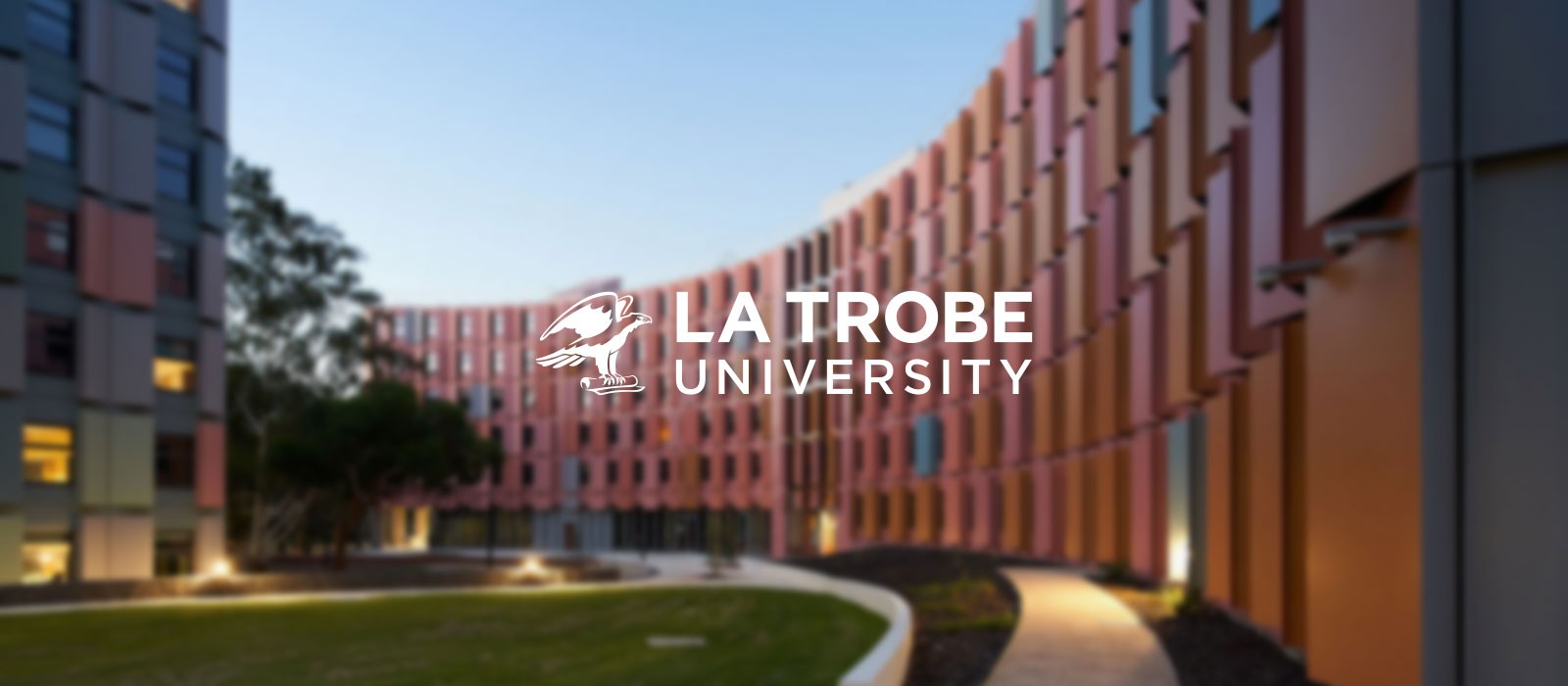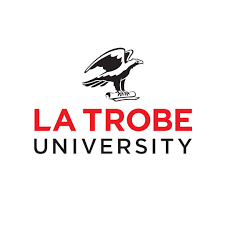
MASTER OF ENGINEERING


Overview
2 YEARS FULL-TIME
YES
A$40 200 PER 120 CREDIT POINTS.
LTU TERM 1 (JANUARY 2025), SEMESTER 1 (MARCH 2025), WINTER SEMESTER (JUNE 2025), SEMESTER 2 (JULY 2025)
About the Master of Engineering
Prepare for the rich opportunities of the future workforce with La Trobe's accredited Master of Engineering.
Developed in consultation with industry leaders, our Master's gives you advanced skills for a successful career, including design, engineering management, research and innovation. You'll learn how to adapt to the emerging technologies that are changing the engineering landscape like artificial intelligence and robotics. You'll also have the opportunity to experience engineering practice first-hand and build valuable industry connections with the option of an 800-hour work-integrated learning (WIL) program.
By completing La Trobe's Master of Engineering, you will:
explore engineering challenges through research, ideation and sustainable product design
understand the latest concepts in data and software to model, analyse and implement effective engineering systems
build engineering management skills across business strategy, legal, marketing, management and finance to lead projects, motivate teams and drive success
develop socially conscious decision-making processes by examining sustainable workplace practices in the Australian engineering industry
choose from two specialisations in electronics or telecommunications and networking
graduate ready to apply for membership of Engineers Australia.
Inquire Now
ENTRY REQUIREMENT
Academic entry requirement
Prerequisites
Australian Bachelor's four year degree (or equivalent)
Applicants who have completed an Honours degree in science in an appropriate field will also be considered.
240 credit point pathway (2 years): Successful completion of a 4 year Australian Bachelor degree (or its equivalent).
180 credit point pathway – COGNATE ENTRY(18 months):
Successful completion of a 4 year Australian
Bachelor degree (or its equivalent) in an engineering related field.
Eligibility to be assessed on a case by case basis by the school.
120 credit point pathway – COGNATE ENTRY(12 months):
Successful completion of a 4-year Australian Bachelor of Engineering Honours degree (or equivalent Washington Accord-recognised degree)
Eligibility to be assessed on a case by case basis by the school.
Specialisation - compulsory: Engineering
Selection criteria
Applicants may be required to attend an interview. Details will be provided by telephone or mail to applicants required to attend.
Advanced Standing will be assessed on a case by case basis and in line with University policy.
English language requirement
6.5 IELTS (Academic) with no individual band less than 6.0.
COURSE AND CAREER OUTCOMES
Master of Engineering intended learning outcomes
Apply the principles, technical knowledge and methods of engineering and use the current tools and techniques to develop and implement designs to solve engineering problems at an advanced level
Proficiently use mathematical tools and techniques to achieve appropriate solutions to engineering problems consistent with professional standards
Critically investigate a problem, drawing on current engineering knowledge and research for the purpose of formulating and evaluating an appropriate, effective solution
Demonstrate a comprehensive awareness of social, cultural and environmental issues when solving engineering problems and abide by the professional and ethical requirements mandated by Engineers Australia
Appraise and synthesise information to review, assess and suggest improvements to projects, plans and processes with appropriate creativity and innovation, all of which are consistent with professional standards
Communicate technical information orally, in writing, and in drawings using professional media with clear and concise arguments, to technical and non-technical audiences consistent with professional standards
Manage personal and professional development, relationships and work practices including proactively collaborating and contributing efficiently and effectively as both a team leader and a professional engineer
Master of Engineering career opportunities
Graduate with the skills to succeed as a world-class engineer. Depending on your specialisation, you'll graduate ready to pursue a career in a range of different industries and sectors including media and communications, scientific and technical services, defence, medical technologies and public administration and safety.
Possible roles include:
development engineer
electronics engineer
network or systems engineer
robotics engineer
telecommunications engineer
transport engineer.
FEES AND SCHOLARSHIPS
Estimated fees per year (2025):
A$40 200 per 120 credit points.
Note: 120 credit points represents full-time study for one year.
International scholarships
Destination Australia – an Australian Government initiative
The Destination Australia scheme supports new international students to study in regional Australia and offers students a high-quality learning experience. For eligible applicants, these scholarships are worth up to A$15 000 per annum for up to four years.
Popular Courses
Find your perfect course
Head Office
Kamaladi, Kathmandu
Tel: +977 14542781, 9845566225
E-mail: info@landmarkedu.com
Sydney office
46 Macquarie Street,
Parramatta, NSW
Tel: +61 415 122 814
Branch office
Tel: 056-590825
Tel: 021-590828
Tel: 977-71-591694


